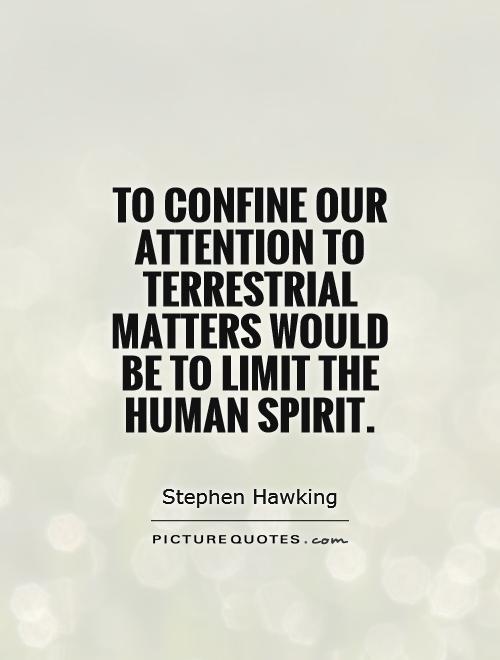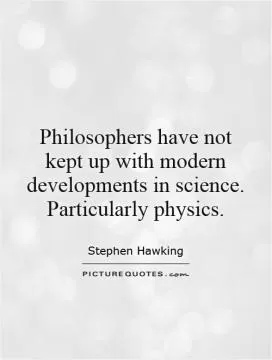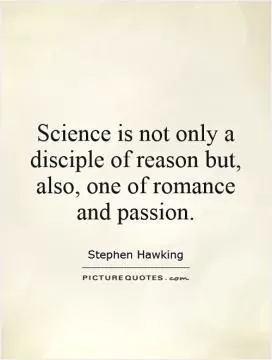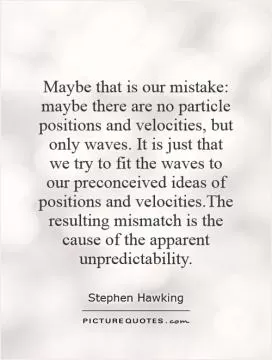To confine our attention to terrestrial matters would be to limit the human spirit

To confine our attention to terrestrial matters would be to limit the human spirit
Stephen Hawking, the renowned theoretical physicist and cosmologist, was a firm believer in the idea that confining our attention to terrestrial matters would be to limit the human spirit. Throughout his life and career, Hawking pushed the boundaries of human knowledge and understanding, exploring the mysteries of the universe and challenging our perceptions of reality. His work not only revolutionized the field of theoretical physics but also inspired countless individuals to think beyond the confines of our planet and consider the vast possibilities that lie beyond.Hawking's most famous work, "A Brief History of Time," delves into the complexities of the universe, from the origins of the cosmos to the nature of black holes. In this groundbreaking book, he explores the fundamental questions of existence and challenges readers to think beyond the limitations of their own experiences. By encouraging us to look beyond the confines of our terrestrial existence, Hawking opens up a world of possibilities and inspires us to explore the unknown.
One of Hawking's most famous theories is the concept of black holes, which are regions of spacetime where gravity is so strong that nothing, not even light, can escape. By studying these enigmatic objects, Hawking was able to make groundbreaking discoveries about the nature of the universe and the fundamental laws of physics. His work on black holes not only expanded our understanding of the cosmos but also challenged us to think beyond the confines of our own planet and consider the vastness of the universe.












 Friendship Quotes
Friendship Quotes Love Quotes
Love Quotes Life Quotes
Life Quotes Funny Quotes
Funny Quotes Motivational Quotes
Motivational Quotes Inspirational Quotes
Inspirational Quotes